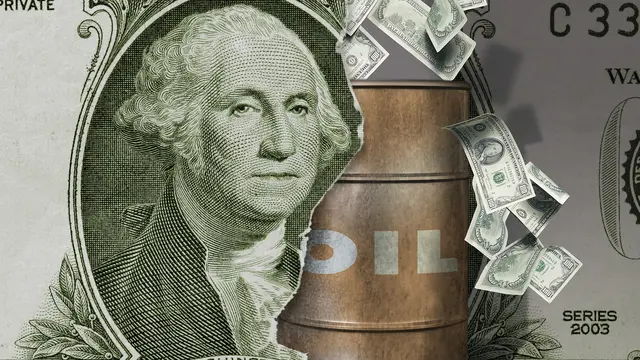Japan's Lower House of parliament on Thursday approved a bill banning the possession of child pornography with the bill expected to swiftly be passed and moved to the upper house for ratification before the current Diet session ends June 22.
The bill will essentially ban possession of pornographic photos and videos that depict real children, with the punishment for infringements being a fine of up to 1 million yen (9,750 U.S. dollars) or up to a year in jail.
Penalties will be delayed for one year after the enactment of the bill to give people in possession of banned images or videos the chance to dispose of them.
Thursday's approval in the lower house follows the Lower house Judicial Affairs Committee convening Wednesday to expand the scope of the new piece of legislation, which many campaigners supporting the bill had felt was a long time coming.
Japan is the only member of the Group of Seven industrialized nations where the possession of child pornography remains legal, compared to strict bans and penalties levied on those possessing such material in more than 70 countries worldwide.
According to the latest United Nations data, Japan is the world 's largest producer and consumer of child pornography, with nearly 80 percent of the images and videos being transferred over the Internet.
The current bill has been a long time in the pipeline, having first been submitted by the ruling Liberal Democratic Party and its coalition partners in May last year, after moves on a local level to criminalize possession of child pornography.
The Kyoto Prefectural government in 2011 decided to impose fines and jail sentences to those caught in possession of such illicit material and in July 2012 the local police arrested four men in the prefecture for breaking the ordinance.
But while campaigners for the new law have welcomed the government's new-found stringent stance on child pornography, with Mineyuki Fukuda, an LDP politician and House of Representatives member who has actively supported the bill stating, "This law is designed to protect the rights of children," some believe the legislation does not go far enough.
While the law bans possession of pornography depicting images or videos of real children, it doesn't cover images contained in manga (adult cartoons and videos) or computer games or computer generated imagery.
"Manga, anime, and computer generated child pornography don't directly violate the rights of girls or boys. It has not been scientifically validated that it even indirectly causes damage. Since it hasn't been validated, punishing people who view it would go too far," said Fukuda.
But this point is ardently disputed by some experts who believe that all images real or generated do indeed violate the rights and safety of children.
"Firstly, the penalties and jail time are not enough to deter such a burgeoning industry," Keiko Gono, a sociologist and research fellow at a renown international university in Tokyo, told Xinhua.
"Japan is decades behind other countries when it comes to tackling child pornography and pedophilia and the issue with manga and CG images is that they serve to create a fantasy world where such illegal acts are acceptable."
"When someone consumes enough of this kind of media, then the lines between fantasy and reality can become blurred and this threatens the rights, safety and security of children," Gono said.
The expert added that while the government is taking a step in the right direction with this piece of legislation, more needs to be done to expand the law in the near future and the current penalties and deterrents be made far harsher.
 简体中文
简体中文



